It could be argued that, if you had to pick one thing, location is the most important aspect when people are choosing their ideal home. After all, no matter how perfect the house is, most people won’t be prepared to commute 250 miles to work! So how do you find out what local areas are considered to be the ‘good’ locations?
House prices are heavily influenced by location – you only have to look at the price of a property in Edinburgh compared to a similar one just over the Forth bridge into Fife to see that the difference is vast. A well-chosen property location not only has the potential to enhance your own quality of living, but it could also deliver greater financial return in the future when you are ready to sell.
So how do know if you are looking at a ‘good’ location? What things make a location ‘good’? And, most importantly, do these factors actually make this area a good location for you? Every buyer will of course have their own take on what is desirable, but these are the most common factors that buyers are looking for when picking their ideal home.
What Makes a ‘Good’ Location?
- Demand – if the demand for property within an area is high, then the property is very likely to retain, and in a healthy market, grow in value, making it a good investment. Unfortunately, this also means that there may be lots of competition to purchase the property, leading to an ‘offers over’ bidding situation, so be prepared for some competition!
- Accessibility – estate agents often describe how close a property is to local bus routes, main road routes, or the city centre in property particulars. Ease of access to and from the property to commute to work and go about their day to day lives is an important factor for most people.
- Amenities – how close is the property to local amenities? Does the area have good schools, parks, local shops, restaurants and coffee shops? A thriving area will usually have a mix of these amenities close by, and new shops and restaurants opening up can be a sign of an up-and-coming area. Convenience is important to most people, so an area that provides good amenities is a real plus.
- Future plans – are there plans for further development close by? Are new housing developments planned, or new shops and schools? These are all good signs of an area with further potential.
- The property’s own, individual location – the house is in a great area, but how about its individual situation? For example, is it in front of a busy road, or adjacent to the local night club?
- Established – although you are buying a home for you and your family, it is important to consider what the possible resale value may be when you decide that you need to move on. An ever-popular location that tends always to hold its value through consistent demand might be the best choice for you versus a newly-popular, ‘up and coming’ area whose prices are more likely to be volatile if there is a dip in the property market.
Where Can you Find Information About Various Areas, Their Amenities and Plans for the Future?
There are lots of ways to research for your ideal area.
- The internet – you can find a wealth of information about local restaurants, shops, coffee shops and more through sites such as Yelp, and information about recent selling prices from large property websites such as Zoopla or Rightmove.
- Check with the local council for any planning applications in the area – new schools, infrastructure or amenities can have a positive impact on the desirability of an area.
- Ask those in the know – think about asking some local people what it is like to live in this area: is there a sense of community? Any trouble, issues or planned developments that they know of?
- The location of nearby schools and their performance ratings can be a key deciding factor for families. You can check out performance league tables to see how local schools are ranked.
- Your solicitor or estate agent can advise about areas which have seen steady performance, or are considered good areas to live in.
What Can you Do if You Have a Particular Area in Mind But it May Be a Little Out of Your Price Range?
You could consider looking at properties on the boundaries of the area, as their prices may be lower than those at the very heart of the desirable postcode area. If you love the location but are not bothered about the catchment area for local schools, checking the exact boundaries of the catchment area or local authority designation can pay dividends: sometimes moving one street away can mean a difference of tens of thousands of pounds.
The home itself will also have to meet a list of requirements based on your preferences for space, light, number of rooms, outdoor space and so on, but choosing your most desirable area first and then looking at the properties available within that area is a great place to start and to focus your search.
If you are about to begin your search for a new property and would like to find out more about which areas may suit you, or discuss the buying and selling process, we will be delighted to help so please just give us a call or drop us a line today!

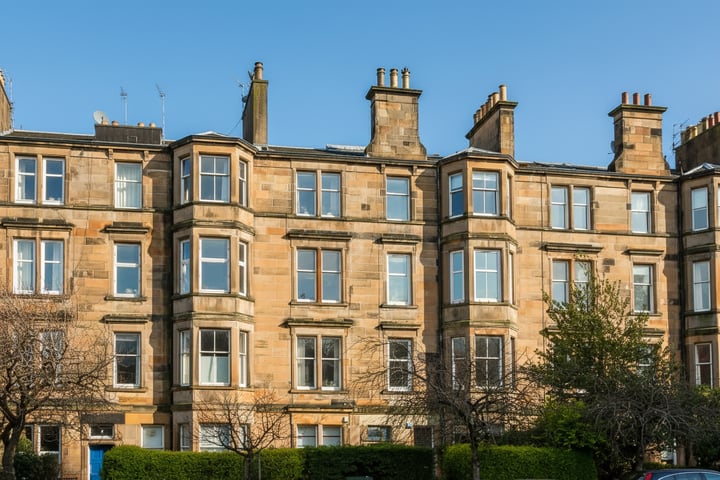
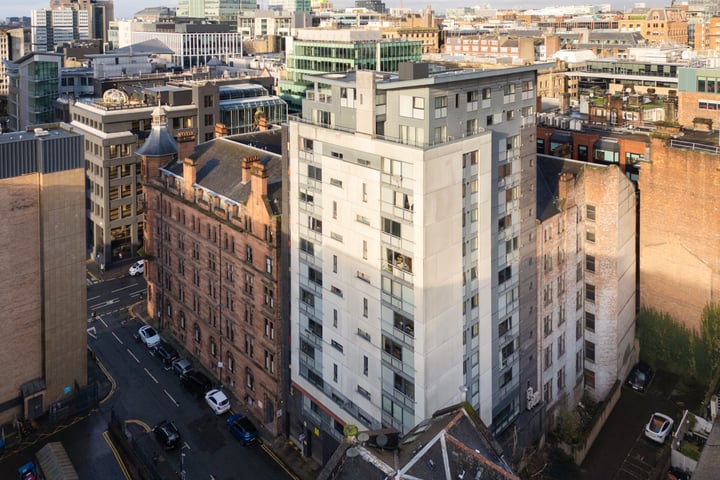
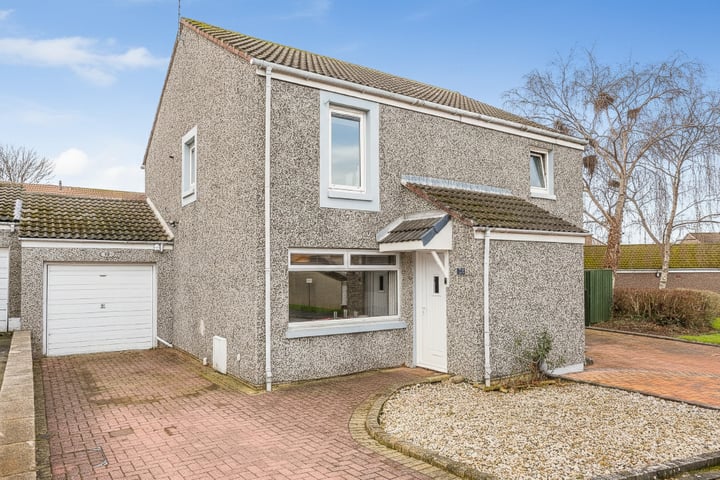
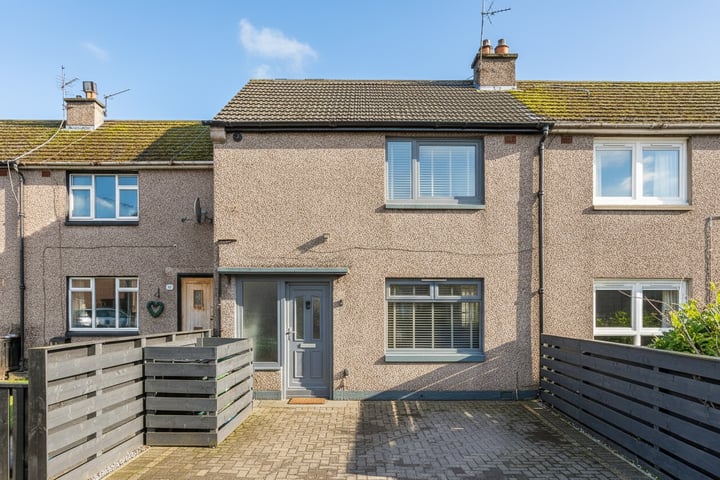
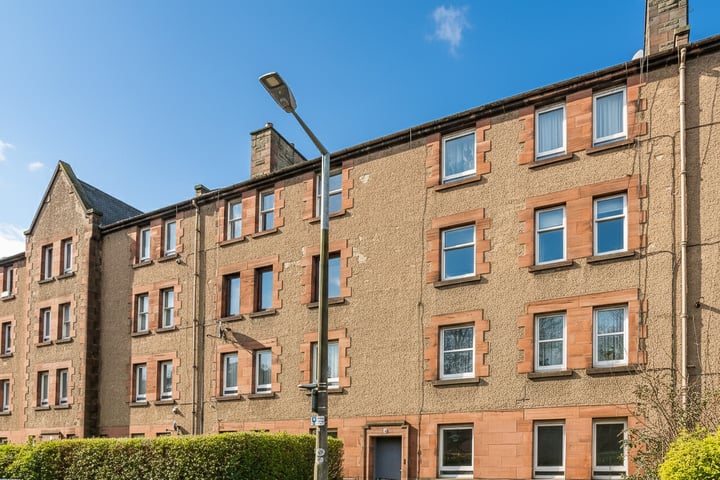
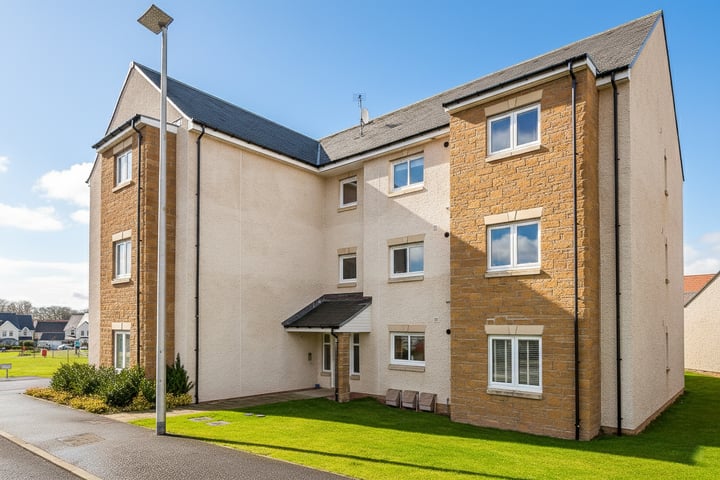
Leave a Reply